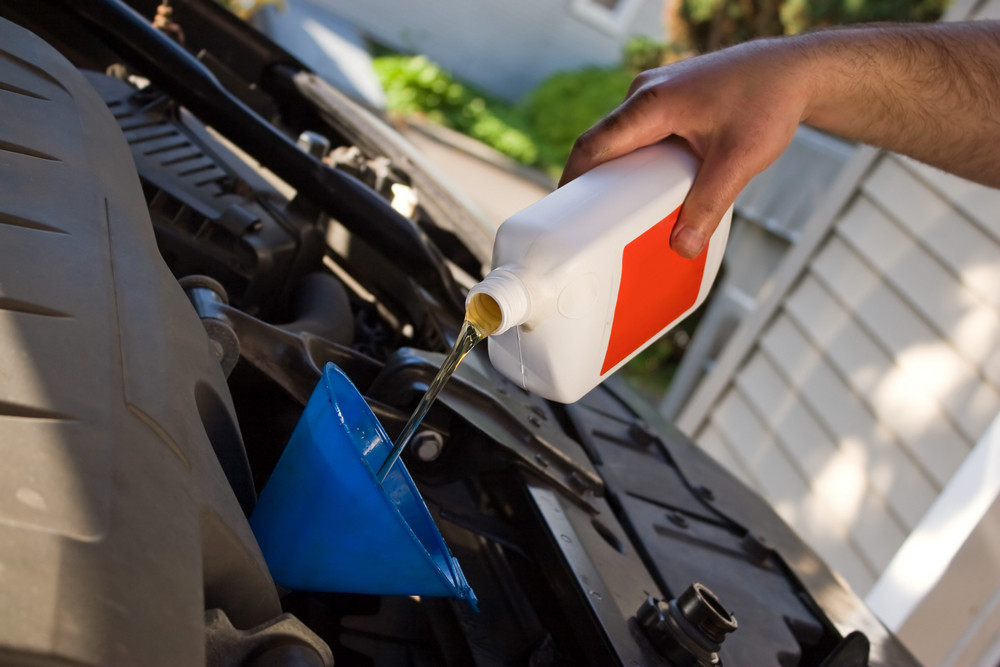A diesel motor and a gasoline-fueled engine have a lot in common, such as the need for motor oil to reduce friction and heat while running. According to Reader’s Digest, the motor oil and filter should be changed in most internal combustion engines every 5,000 miles or up to every 10,000 miles when using synthetic oil. When it comes to diesel repair and maintenance, the needs are very similar to those of a gasoline-fueled motor, but the diesel engine has its differences. Here are some of the primary differences between a diesel and a gasoline engine.
No Spark for Diesel Engines
Diesel motors don’t use spark plugs to ignite fuel as a gasoline-fueled motor would. Instead, a diesel engine relies on compression to create heat up to 1,000 degrees Fahrenheit as each piston compresses the air inside the cylinder. A diesel engine has a glow plug that helps ignite diesel fuel, while a gasoline-fueled motor uses spark plugs to ignite the fuel in the combustion chamber. Both motors are internal combustion engines, but they produce combustion in very different ways and run on very different types of fuels.
More Compression in Diesel Motors
A diesel motor requires much more compression in each cylinder than a gasoline-fueled motor. The diesel engine requires a lot more compression to ensure it will create the amount of heat needed to combust the diesel fuel, which isn’t as combustible or as volatile as gasoline. Restoring compression in one or more cylinder heads of an engine is one of the more commonly done types of diesel repair for such motors. Without compression, a diesel engine won’t fire the fuel and generate the power needed to go down the road with a load in tow.
Diesel Engines Have Multiple Fuel Options
The greatest benefit of a diesel motor is its ability to burn a variety of fuels, including peanut oil. Inventor Rudolph Diesel first used peanut oil to fuel his early diesel motors, and the engine can still use peanut oil and a variety of other fuels to make the engine run. Peanut oil is just one of many types of biofuels that diesel engines can burn to run and produce more power than a comparable gasoline-fueled motor, which is why all tractor-trailers have diesel motors and not gasoline-fueled engines.
Whether you need a diesel repair or a gasoline-engine repair, our team at Chase Automotive Repair has you covered. You can call or visit our diesel repair and maintenance facility to learn more and schedule service for your diesel-powered vehicle.

